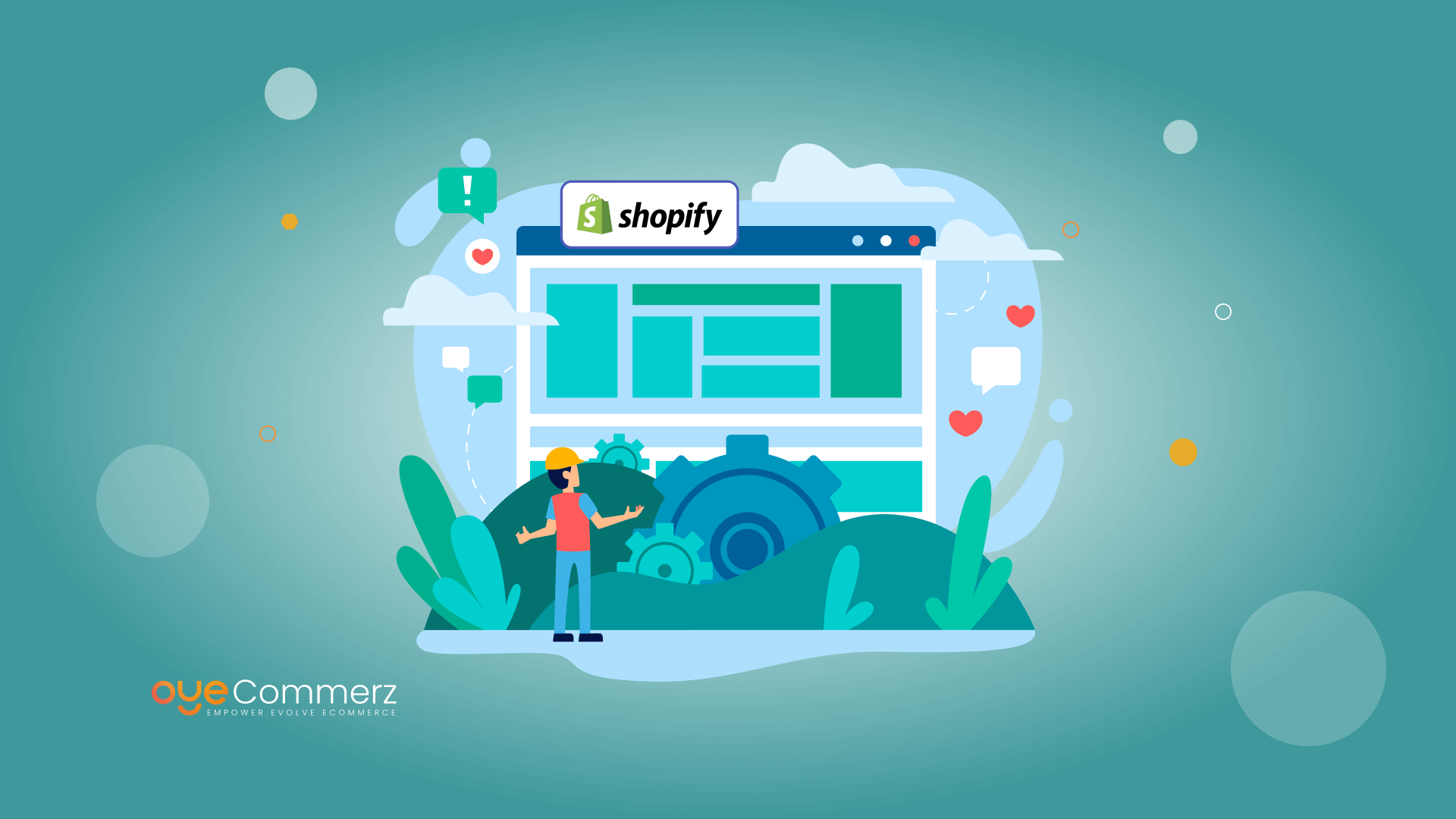Empower Your Online Store: Custom App Development for Shopify for Unmatched Store Performance
Empower Your Online Store: Custom App Development for Shopify for Unmatched Store Performance
Blog Article
Introduction
In the current cutthroat e-commerce environment, differentiating is essential, and a top method to set apart a Shopify store is through tailored app creation. A well-built Shopify app can enhance store capabilities, simplify processes, and elevate customer engagement. This article explores key aspects of Shopify app development, from API integration to scaling strategies and promotion methods, providing a roadmap for businesses seeking unmatched store efficiency.
Why Shopify API Integration Matters
Shopify’s API provides powerful tools to customize and expand store functionalities. With GraphQL and REST APIs, developers can access data to create apps that manage inventory control, order handling, and customer data management seamlessly. Integrating Shopify’s API can lead to better workflow automation and enables stores to assist shoppers more effectively.
Adopting the Polaris Design System
Polaris is Shopify's design system for creating user-friendly and accessible Shopify apps. By adhering to Polaris guidelines, developers ensure that apps integrate smoothly within the Shopify Admin interface. This ensures a cohesive appearance that appeals to Shopify merchants, encouraging usability and comfort for merchants using your tailored app.
Navigating the Shopify App Ecosystem
The Shopify app ecosystem offers endless possibilities for enhancing online stores. From managing fulfillment processes to boosting customer engagement, apps in this ecosystem are tailored to meet various business requirements. Learning about this ecosystem helps developers in identifying unique app opportunities and allows for seamless integration of third-party services that add value to the store.
Building Embedded Shopify Apps
Embedded apps work seamlessly within the Shopify Admin, providing a smooth interface for merchants. They allow merchants don’t have to navigate away from their Shopify dashboard, streamlining their workflow. Using Shopify App Bridge and embedded app capabilities is a best practice for offering a cohesive, well-integrated user environment.
Leveraging Node.js and React for Shopify Development
The technologies Node.js and React have emerged as ideal tools for Shopify app development. This server-side framework enables efficient back-end services, while React allows for interactive and adaptive Features for successful Shopify app development front-end user interfaces. Combined, they offer an excellent platform for building fast, scalable Shopify apps that improve store functionality and customer engagement.
Webhooks in Shopify Apps
Webhooks enable instant data updates between Shopify and an outside application. They trigger events such as order creation or stock changes and provide immediate notifications to your app. By implementing webhooks, apps can deliver real-time insights for store owners, streamlining workflows and boosting productivity.
Engaging Customers Through Digital Marketing for Shopify Apps
To ensure Shopify app success, connecting with users is crucial. Utilizing digital marketing strategies like SEO, email marketing, and social media campaigns can drive app adoption. Additionally, creating applications with customer interaction as Streamline Shopify processes a focus (e.g., loyalty programs or personalized suggestions) increases user retention and loyalty.
Making Your Shopify App Scalable
As e-commerce stores expand, so do their technological needs. Ensuring that your app can scale to handle increased traffic, larger databases, and more complex functionalities is essential. By improving server capacity and implementing scalable solutions, you can create apps that expand in parallel to a store’s growth.
Important Features and Maintenance Tips for Shopify Apps
For an app to be useful, it should offer key capabilities like user login, analytics dashboard, and customer support options. Ongoing app upkeep, with updates to fix bugs and ensuring compatibility with new Shopify functionalities, is important to maintain uninterrupted performance and prevent disruptions to merchant workflows.
Conclusion
Custom Shopify app development holds vast potential for e-commerce stores, offering the chance to improve store functionality, streamline processes, and build customer relationships. From integrating APIs to ensuring scalability and customer engagement, building a Shopify app requires thoughtful preparation and strategic execution. If you’re ready to elevate your e-commerce experience, a custom Shopify app could be the ideal choice. What features do you see for your ideal app? Share your thoughts and begin the journey to an optimized e-commerce journey!
 Report this page
Report this page